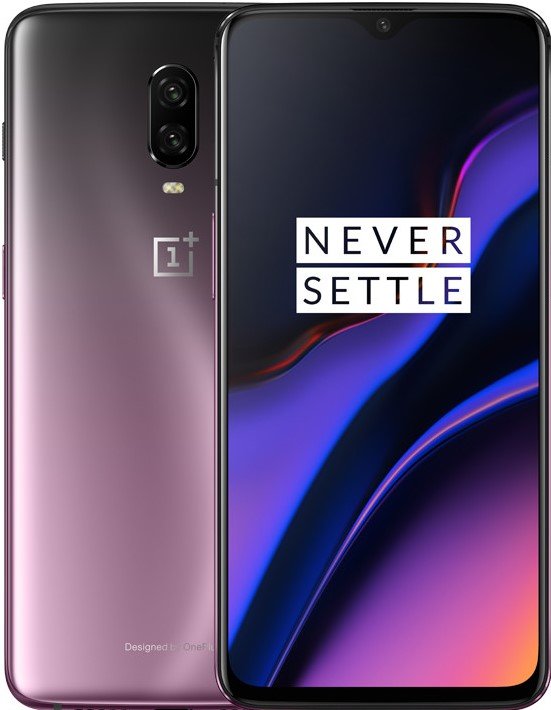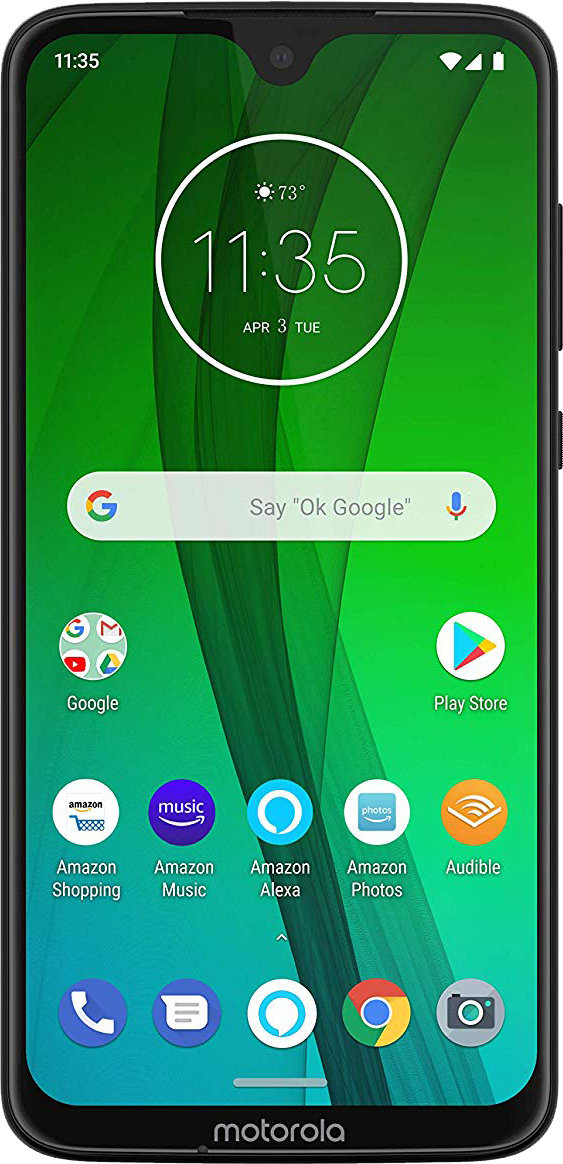One of the biggest reasons to buy a high-end phone is for the cameras. Whether through computational processing or versatility through the use of as many lenses as possible, phones are taking good enough photos these days that most people needn't even consider a dedicated camera. The Pixel 3 is the best choice for most people, with effortless point-and-shoot style photography, but there are plenty of other, more specialized options for people that want to go more in-depth.
Point and shoot
Google Pixel 3
Staff pick
Google's Pixel 3 doesn't have best-in-class camera hardware, but it still manages to take amazing photos in almost every situation thanks to its HDR+ processing and the Pixel Visual Core. Despite only having one lens, it takes fantastic zoomed and portrait shots using computational data, and it can practically see in the dark with its incredible Night Sight feature. It's great for selfies too, thanks to the secondary wide-angle camera and automatic lens correction.
Three times the fun
Huawei Mate 20 Pro
Huawei has outfitted its most recent flagship with three incredible cameras that give it ultimate versatility. The primary 40MP camera takes breathtaking shots on its own, but with the additional lenses you can quickly switch to an ultra-wide angle or see up to 5x closer to your subject. The Mate 20 Pro also takes exceptional low-light photos rivaling those of the Pixel 3 — though unfortunately, it isn't officially supported in the U.S.
Remote control
Samsung Galaxy S10
Samsung's phones have always excelled in the photography department, and the Galaxy S10 is no exception. For the first time, you get the same triple camera system on either the S10 or S10+, combining standard, telephoto, and ultra-wide lenses just like the Mate 20 Pro. Of course, there's a ton of built-in storage for all of your photos, along with microSD expandability.
A Mate 20 Pro for the U.S.
LG V40 ThinQ
Triple camera systems are all the rage these days! The V40 ThinQ is yet another phone outfitted with standard, wide angle, and zoom lenses. The image quality isn't quite as good as that of the Mate 20 Pro or S10, but the versatility is still here. It also features dual front cameras (the second of which is a wide-angle), and unlike the Mate 20 Pro, the V40 ThinQ is available through major carriers in the U.S.
Killer camera for less
OnePlus 6T
The OnePlus 6T takes great photos for hundreds less than the competing flagships. It isn't great in low light, but in every other situation it nails settings like exposure and white balance, and its color profile has a nice warm characteristic. OnePlus also offers a great camera interface that perfectly balances simplicity and easily accessible manual controls. Best of all, the 6T is the first OnePlus device available on a U.S. carrier.
The best in budget
Moto G7
If you're strapped for cash, the Moto G7 is a great budget phone that takes surprisingly good photos. Though a bit slow in operation, it pulls off fantastic natural bokeh without having to jump into portrait mode, and it even does decently well in low light. For a fraction of the price of the other phones featured, you might be surprised at the quality of photos the Moto G7 can take.
The Pixel 3 is the best overall Android camera available, based on its amazing ability to capture beautiful photos in every situation without any tweaking, guessing with settings, or edits after capture. The Huawei Mate 20 Pro is more powerful and versatile, and can take better photos, but it's a bit more complicated, and may turn off novices. The Galaxy S10, V40, and OnePlus 6T have their own benefits, though, and even the Moto G7 is a nice choice for the budget-minded.
from Android Central - Android Forums, News, Reviews, Help and Android Wallpapers









0 comments: